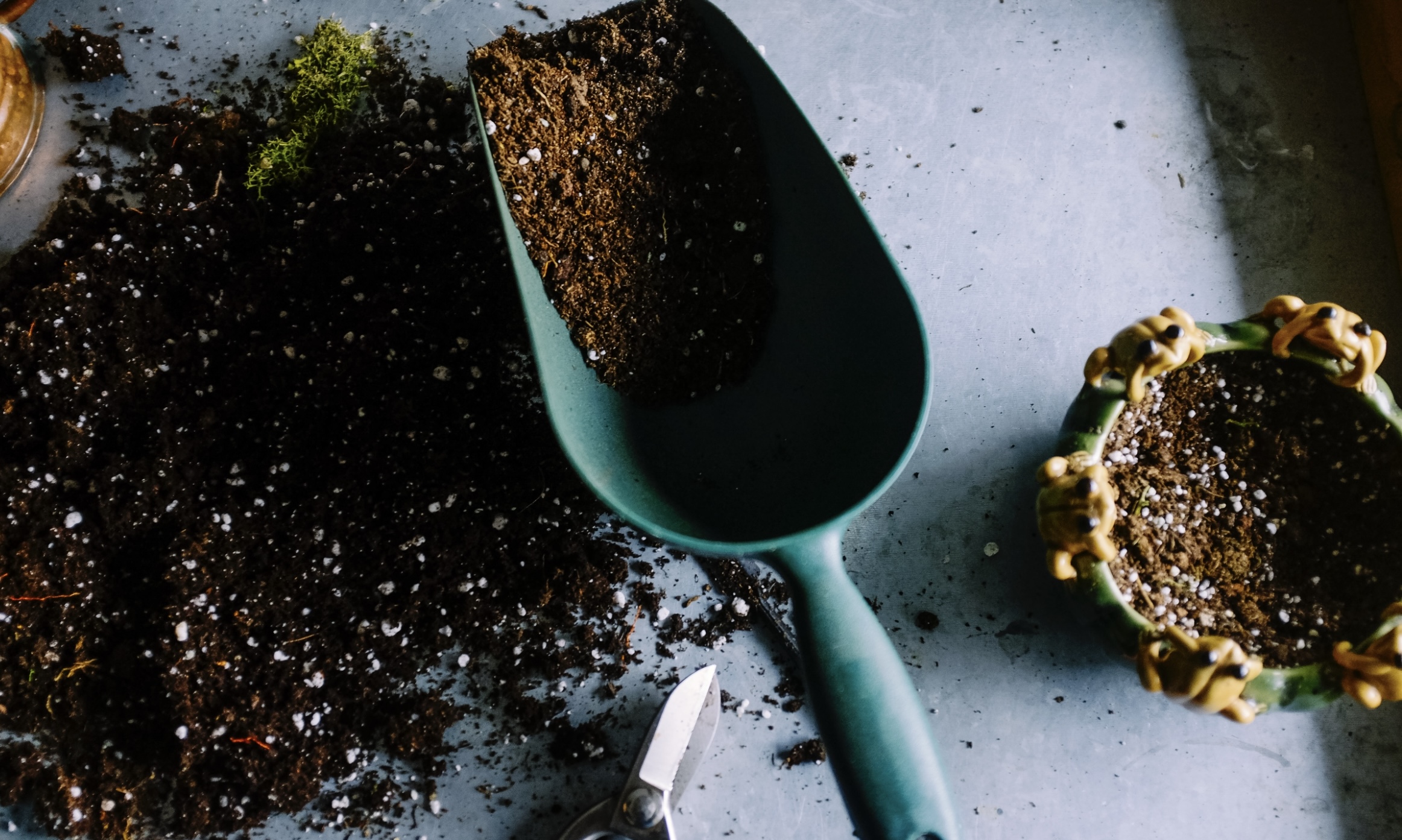
The Role of Composting in Winter Gardening
Composting is a natural process that breaks down organic material, such as leaves, grass clippings, and food scraps, into a nutrient-rich soil amendment called compost. Composting is a great way to reduce waste and improve the health of your soil, and it can play a key role in winter gardening. Here are some ways that composting can benefit your winter garden:
Improve Soil Structure
Compost is rich in organic matter, which helps to improve the structure of your soil. It can help to break up clay soils, add nutrients to sandy soils, and improve the overall structure and fertility of your soil. This is especially important in the winter, when the soil can become compacted and less able to support healthy plant growth.
Moisture Conservation
Compost is a natural mulch, and it can help to retain moisture in the soil. This is especially important in the winter, when the weather is dry and your plants may be more vulnerable to drought. By adding a layer of compost around your plants, you can help to keep the soil moist and protect your plants from the cold.
Supressing Weeds
Compost can help to suppress weeds by competing with them for nutrients and water. This is especially important in the winter, when weeds can be more prevalent. By adding a layer of compost to your garden beds, you can help to keep weeds at bay and give your plants a better chance to thrive.
By incorporating composting into your winter gardening routine, you can improve the health of your soil, conserve moisture, and suppress weeds. Happy gardening!
Order Plant Food in our Shop!
Shop Now





